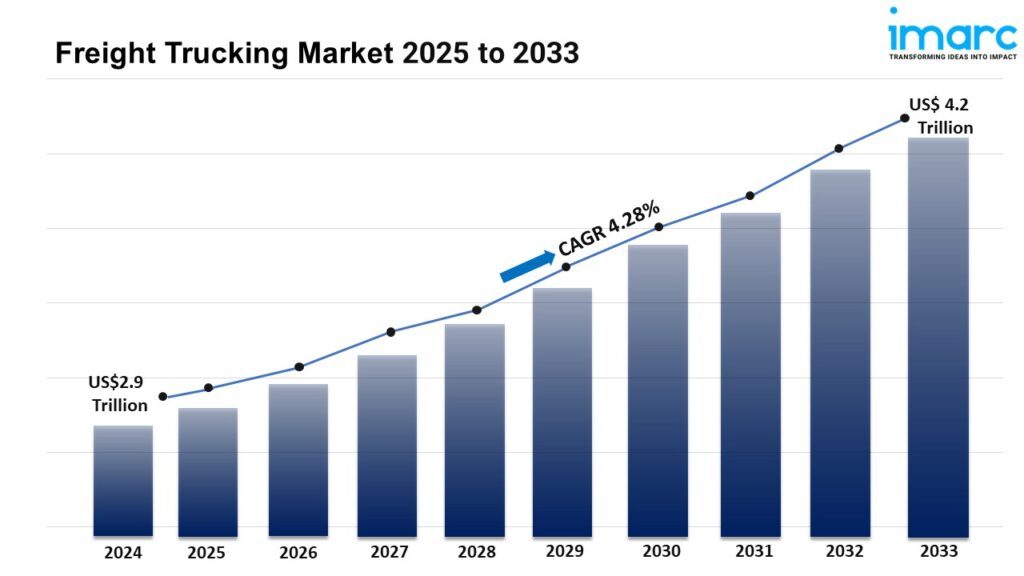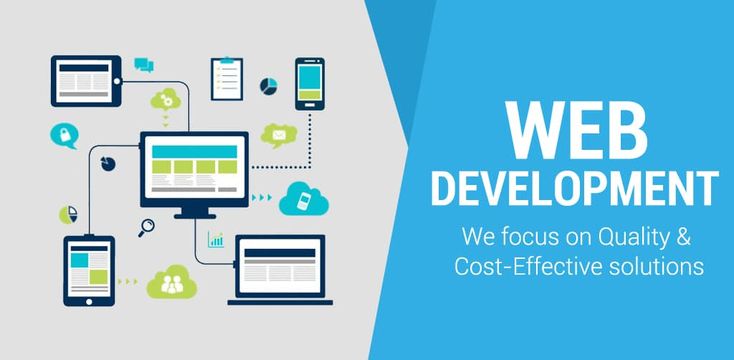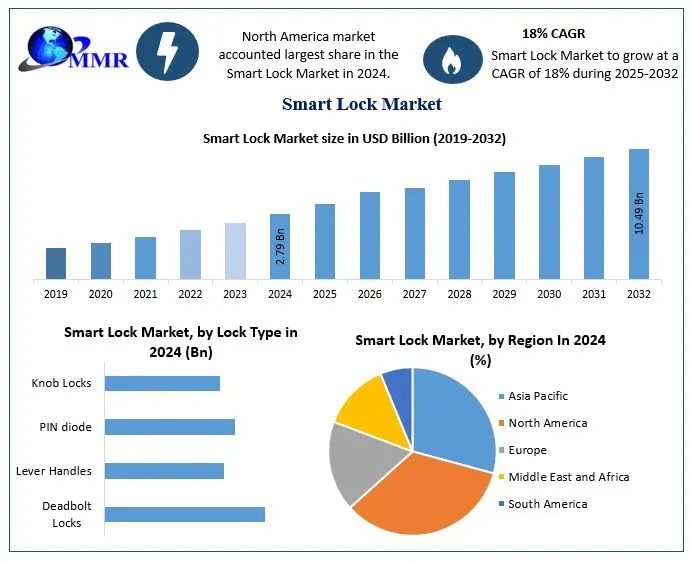The latest report by IMARC Group, titled “Freight Trucking Market Report by Truck Type (Dry Van and Box Truck, Refrigerated Truck, Tanker Truck, Flatbed Truck, and Others), Cargo Type (Dry Bulk Goods, Oil and Diesel, Postal, and Others), Distance (50 Miles or Less, 51 to 100 Miles, 101-200 Miles, 201-500 Miles, Above 500 Miles), End User (Food and Beverages, Industrial and Manufacturing, Energy and Mining, Oil and Gas, Pharmaceutical and Healthcare, and Others), and Region 2025-2033“, The global freight trucking market size was valued at USD 2.9 Trillion in 2024. Looking forward, IMARC Group estimates the market to reach USD 4.2 Trillion by 2033, exhibiting a CAGR of 4.28% during 2025-2033.
Industry Trends and Drivers:
- Growing Adoption of Electric and Alternative Fuel Trucks:
The freight trucking market is seeing a significant shift toward the adoption of electric and alternative fuel trucks, driven by the need to reduce carbon emissions and meet increasingly stringent environmental regulations. As governments around the world push for cleaner transportation solutions, fleet operators are exploring electric trucks, natural gas-powered vehicles, and hydrogen fuel cell technologies. These trucks offer lower emissions and operating costs compared to traditional diesel trucks, making them an attractive long-term investment. Major manufacturers are responding by accelerating the development and rollout of electric truck models, supported by advancements in battery technology that enhance range and reduce charging times. Additionally, subsidies, tax incentives, and government initiatives aimed at promoting green transportation are encouraging the adoption of these eco-friendly alternatives. Logistics companies are increasingly incorporating electric trucks into their fleets, particularly for urban and regional deliveries, where lower range vehicles can meet the operational requirements. This trend is expected to continue gaining momentum as infrastructure for charging and refueling expands, and as the global focus on sustainability intensifies. The growing emphasis on reducing transportation-related emissions is positioning electric and alternative fuel trucks as a key trend in the freight trucking market.
- Rising Demand for Real-Time Tracking and Digital Freight Platforms:
The freight trucking market is experiencing a surge in the adoption of real-time tracking technologies and digital freight platforms, as logistics companies seek to improve operational efficiency and meet customer expectations for faster, more reliable deliveries. Real-time tracking systems, enabled by GPS and telematics, allow fleet managers to monitor the location, status, and performance of their vehicles, leading to better route optimization, fuel efficiency, and on-time deliveries. These technologies also provide customers with greater visibility into their shipments, improving transparency and enhancing the overall customer experience. In parallel, digital freight platforms are transforming how shippers and carriers connect, offering automated load matching, route planning, and dynamic pricing based on supply and demand. These platforms streamline the process of finding and booking freight, reducing empty miles and maximizing truck utilization. The adoption of such technologies is particularly beneficial in addressing the growing complexity of supply chains and the increasing demand for just-in-time deliveries. As e-commerce continues to grow and consumer expectations for fast delivery increase, the need for digital solutions that enhance efficiency and visibility in freight trucking operations is becoming more critical. The trend toward digitization and real-time tracking is reshaping the freight trucking market by driving innovation and improving service delivery.
- Expansion of Last-Mile Delivery Services:
The expansion of last-mile delivery services is a major trend impacting the freight trucking market, driven largely by the boom in e-commerce and changing consumer behavior. With the rise of online shopping, logistics companies are under increasing pressure to deliver goods quickly and efficiently to consumers’ doorsteps, often within narrow time windows. This has led to a surge in demand for last-mile delivery solutions that can navigate urban areas, where traffic congestion and limited parking present unique challenges. To meet this demand, freight companies are investing in smaller, more agile delivery vehicles, such as vans and electric bikes, which are better suited to handling urban deliveries. Additionally, companies are leveraging technology to optimize last-mile operations, using route optimization software and advanced data analytics to improve delivery speed and reduce fuel consumption. The focus on last-mile delivery is also driving partnerships between traditional freight companies and tech firms, as well as the growth of gig-economy-driven delivery models, where independent contractors are used to fulfill deliveries. As consumers continue to demand faster, more convenient shipping options, the expansion of last-mile delivery services is expected to remain a key trend in the freight trucking market, reshaping how goods are transported and delivered in urban areas.
Request Sample For PDF Report: https://www.imarcgroup.com/freight-trucking-market/requestsample
The report has segmented the market into the following categories:
Truck Type Insights:
- Dry Van and Box Truck
- Refrigerated Truck
- Tanker Truck
- Flatbed Truck
- Others
Dry van and box truck account for the majority of shares due to their versatility in transporting a wide range of goods, including consumer products and retail items.
Cargo Type Insights:
- Dry Bulk Goods
- Oil and Diesel
- Postal
- Others
Dry bulk goods dominate the market due to the high volume of non-liquid materials like grains, minerals, and building materials that require transportation.
Distance Insights:
- 50 Miles or Less
- 51 to 100 Miles
- 101-200 Miles
- 201-500 Miles
- Above 500 Miles
Based on the distance, the market has been segmented into 50 miles or less, 51 to 100 miles, 101-200 miles, 201-500 miles, and above 500 miles.
End User Insights:
- Food and Beverages
- Industrial and Manufacturing
- Energy and Mining
- Oil and Gas
- Pharmaceutical and Healthcare
- Others
Oil and gas hold the majority of shares due to the extensive need for specialized trucks to transport fuel, crude oil, and related materials across vast distances.
Market Breakup by Region:
- North America (United States, Canada)
- Asia Pacific (China, Japan, India, South Korea, Australia, Indonesia, Others)
- Europe (Germany, France, United Kingdom, Italy, Spain, Russia, Others)
- Latin America (Brazil, Mexico, Others)
- Middle East and Africa
Asia Pacific holds the leading position owing to a large market for freight trucking driven by rapid industrialization, increasing trade activities, and large-scale infrastructure development in countries like China and India.
Top Freight Trucking Market Leaders:
- A.P. Møller – Mærsk A/S
- J & J Logistics LLC
- J.B. Hunt Transport Services Inc.
- Landstar System Inc.
- Old Dominion Freight Line Inc.
- R+L Carriers Inc.
- Schneider National Inc.
- Swift Transportation Company (Knight-Swift Transportation Holdings Inc.)
- XPO Logistics Inc.
- Yellow Corporation
Note: If you need specific information that is not currently within the scope of the report, we will provide it to you as a part of the customization.
About Us
IMARC Group is a global management consulting firm that helps the world’s most ambitious changemakers to create a lasting impact. The company provide a comprehensive suite of market entry and expansion services. IMARC offerings include thorough market assessment, feasibility studies, company incorporation assistance, factory setup support, regulatory approvals and licensing navigation, branding, marketing and sales strategies, competitive landscape and benchmarking analyses, pricing and cost research, and procurement research.
Contact US
IMARC Group
134 N 4th St. Brooklyn, NY 11249, USA
Email: sales@imarcgroup.com
Tel No:(D) +91 120 433 0800
United States: +1-631-791-1145











